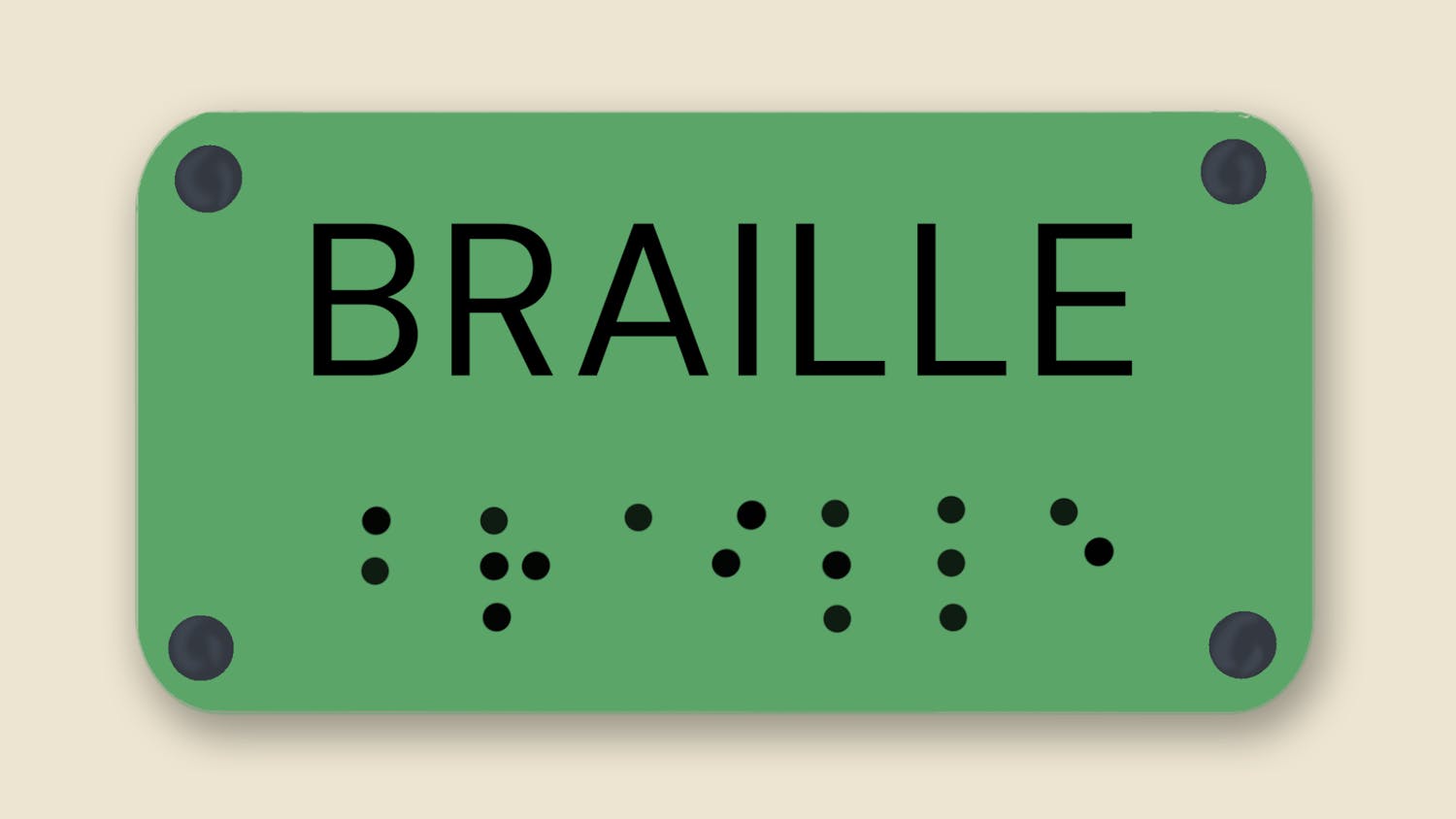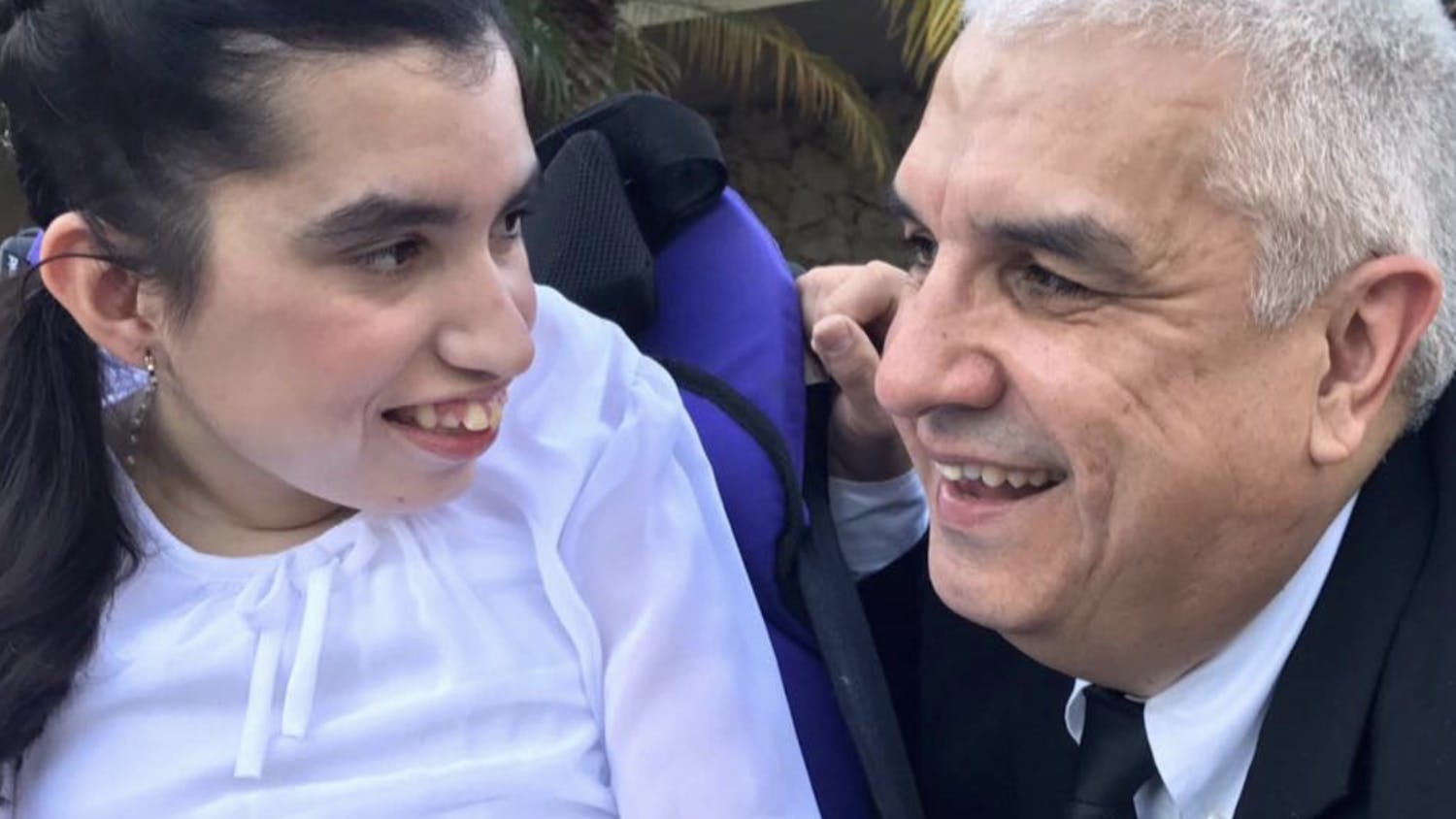On July 26, 1990, the Americans with Disabilities Act was passed. It recently passed its 28th anniversary, which means it’s been almost three decades of the official reshaping of society’s accommodation, perception and admission of disabled people.
However, in the scheme of history and government, that’s not a very long time for such immense legislation to be implemented, studied and adjusted for millions of people. Plus, there are still so many issues and elements of confusion.
First, there is the question of what defines a disability. When first enacted, the act had a somewhat limited idea of what it was. In 2009, the ADA Amendments Act became effective Jan. 1. This expanded the people who can get necessary care by broadening the meaning of disabled. But still, it’s very vague and open to interpretation.
A new generation is growing up with the idea of inclusion and giving people the aid and accessibility they need from the start. But society is prone to putting people in boxes with labels, which makes them not “normal.” This can lead to ostracization or discrimination. Because of this, people might feel dissuaded from fighting for accommodations in public, at work, in school or beyond.
Another issue is defining a “reasonable” disability and figuring out how, and if, people get the help they need under the act. There’s not a clear split between what does and does not count as a significant impairment. From my perspective, the answer is never clear or guaranteed. But running things on a case-by-case basis leaves uncertainty for those who are applying for help and those interacting with those applying for help.
Some people see a wheelchair and automatically associate it with disability. On the other hand, people with invisible illnesses might be attacked for using help they need. Recently, there have been a few news stories about people wrongly being called out for being a “normal” person using handicapped-accessible parking or varying wheelchair use.
In my experience, I have benefited under the ADA by receiving an individualized education plan in school before college due to my medical condition. Decades ago, that may not have happened. Now, I am grappling with my future as an undergraduate student and wondering what my health will allow.
With the internet and handheld media, awareness can spread faster than ever. Technology also allows for improvements in accommodations.
Despite advancements, I still feel like some ideas are stuck in the past. When advocating for a disability, I think a struggle is that it can be fluid. The pain or expectations that can be met differ each day or even by the hour.
This adds an element to needs that I don’t think is always considered. Disability isn’t just sight, hearing or mobile impairment. It can also be learning disabilities, chronic illness or mental health that change from situation to situation.
There is a wide array of personal stories about disability. There are also changing ideas about what a disability is and how it is defined and treated in health care.
Advising from medical professionals is a key element in getting help. However, this creates hurdles. In medicine, there are differences in access to and the status of care based on socioeconomic status, location and more. It is up to others to decide if someone is handicapped enough to receive a diagnosis that gets someone the ADA documentation they need. This can create an environment where people are hard on themselves for not being “sick” enough for help but floundering without it. Furthermore, it can be hard to get people in the medical field to believe pain or find its cause. Diagnoses can take years.
Media and education can make a huge difference by raising awareness and telling stories about how just listening and making slight adjustments allows for inclusion. It also shows that disability is not one thing. Most importantly, it is certainly not a case where it means people are automatically an inspiration, incapable or less than someone else.
I think the main point of handling disabilities in society should be understanding and clarifying. It shouldn’t be a time-consuming fight for people who are already adjusting to a society that doesn’t always accommodate them and, if they have to fight for it, it should be on easily discernible grounds.
Sophie Feinberg is a UF journalism junior. Her column comes out Tuesday and Thursday.





